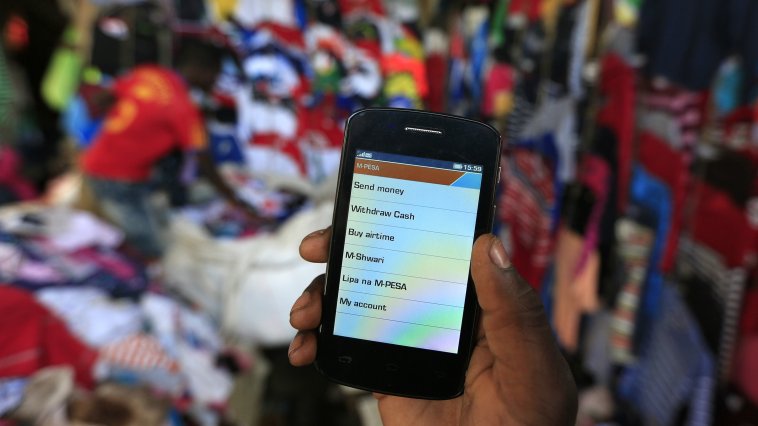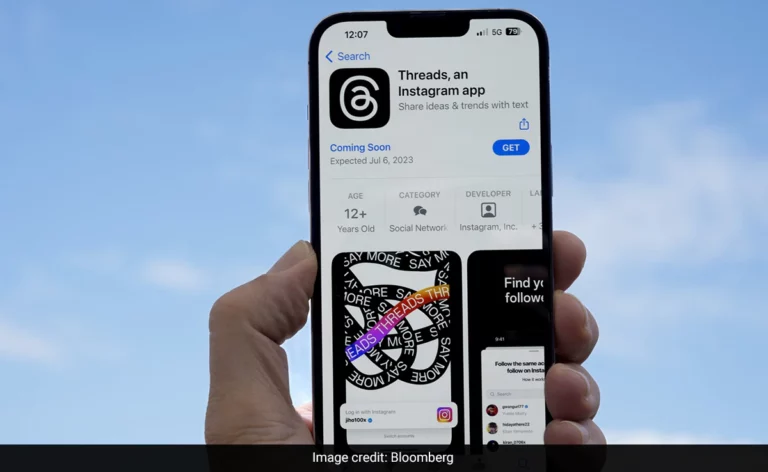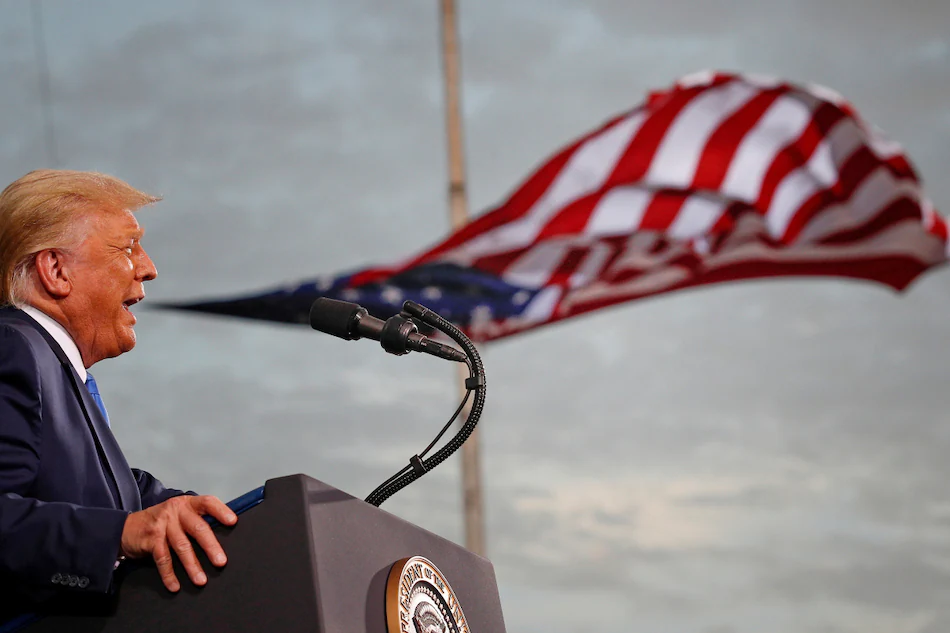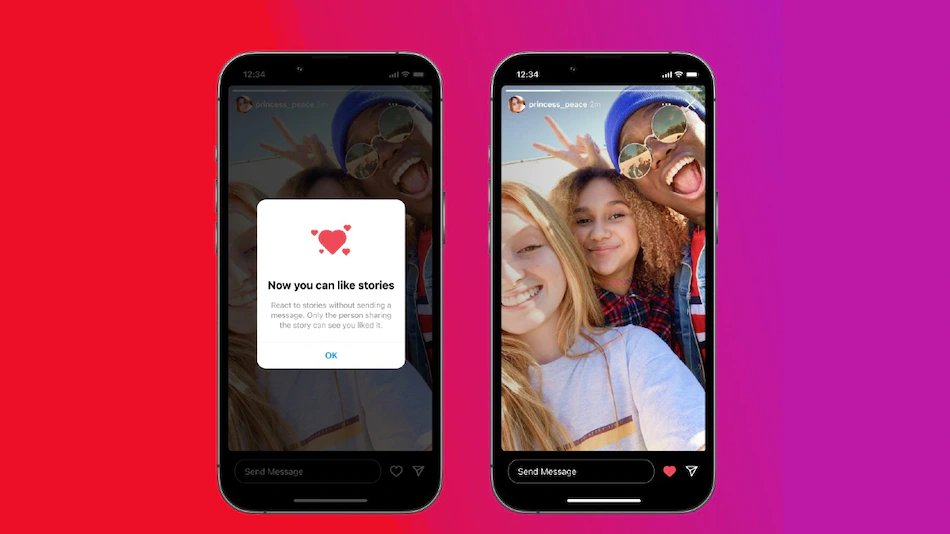Africans want their apps to be more useful to them

Until recently, organizing a wedding or a sightseeing trip with family and friends in many African cities required the organizer to juggle multiple mobile apps.
An app like WhatsApp would be required for announcements and logistics, while fundraising activities could take place on a money platform like M-pesa and rides to different venues could be arranged through a hailing app like Uber or Bolt.
All of these activities are now being combined on African super apps, which conveniently combine pay, commerce, mobility, and communications applications on one platform, according to a new report covering the Middle East and Africa.
According to a MasterCard and Economist impact report (pdf), a growing young, digitally savvy population, combined with massive investment in fintech and other emerging technologies, provides fertile ground for the development of super-apps, apps.
“Africa has a young, digitally savvy population that is hungry for new technologies and innovation.” This dynamism can be seen throughout the region, including the emergence of super-apps,” according to the report.
In Africa, there are at least five super apps, with more on the way
According to the report, “From online bazaar to one-stop-shop: The Rise of Super-Apps in the Middle East and Africa,” the continent has at least five super apps in the works, with many more on the way in the coming years.
Halan is an Egyptian fintech start-up that began by offering users buy-now-pay-later financial services and has since expanded to include microfinance, ride hailing, and grocery delivery services.
Algeria-based Temtem recently released Temtem ONE, its own version of a super-app that combines e-commerce, transportation, and delivery. Temtem, like Halan, began as a ride-hailing app.
Safaricom, Kenya’s largest telecommunications company, launched its M-Pesa super-app earlier this year, with plans to add more services like ticket booking, deliveries, and low-data-consumption mini-apps, in addition to the mobile money services it currently provides. Safaricom customers can already shop online through Masoko, the company’s e-commerce platform, as well as play games, access learning materials, apply for job openings, and read daily e-newspapers.
SafeBoda, a Ugandan ride-hailing company, has recently expanded into super app territory, as have its North African peers, while Nigeria’s Gokada, a courier service, has begun allowing its users to send packages, order food, and hail cabs on one platform.
MTN Group, based in South Africa, is combining instant messaging with m-commerce transactions conducted via mobile phones, as well as entertainment, in its Ayoba super app.
Cheap smartphones on the continent have changed the game for app developers
According to the report, Africa is following in the footsteps of China by leveraging low-end smartphones to increase the uptake of super apps.
“In many countries, the availability of low-cost smartphones has prompted people to abandon desktop technology in favor of mobile apps…
“Super-apps are the natural choice for conserving precious storage and broadband,” according to the report.
According to the report, low-end smartphones accounted for 85 percent of all smartphones shipped into Africa in the first quarter of 2021.







